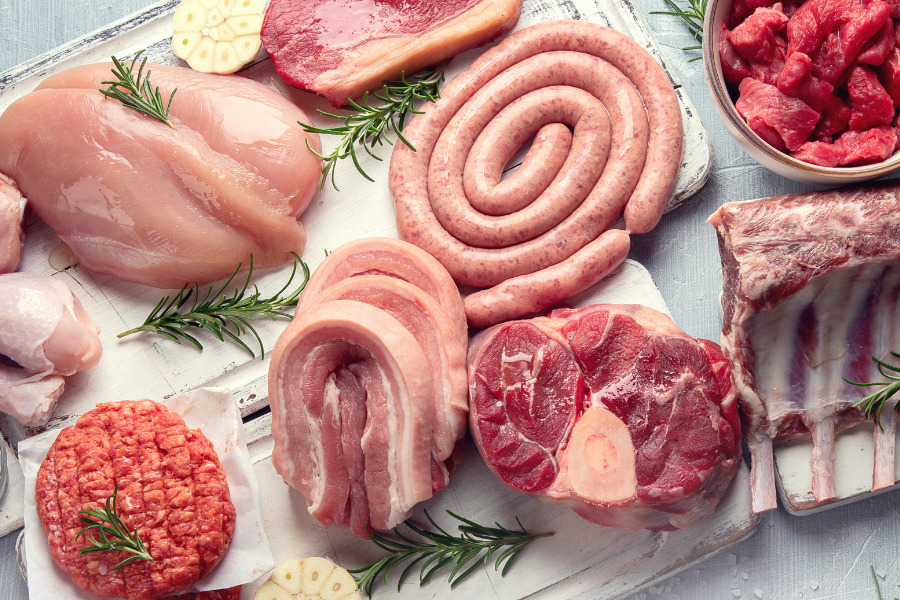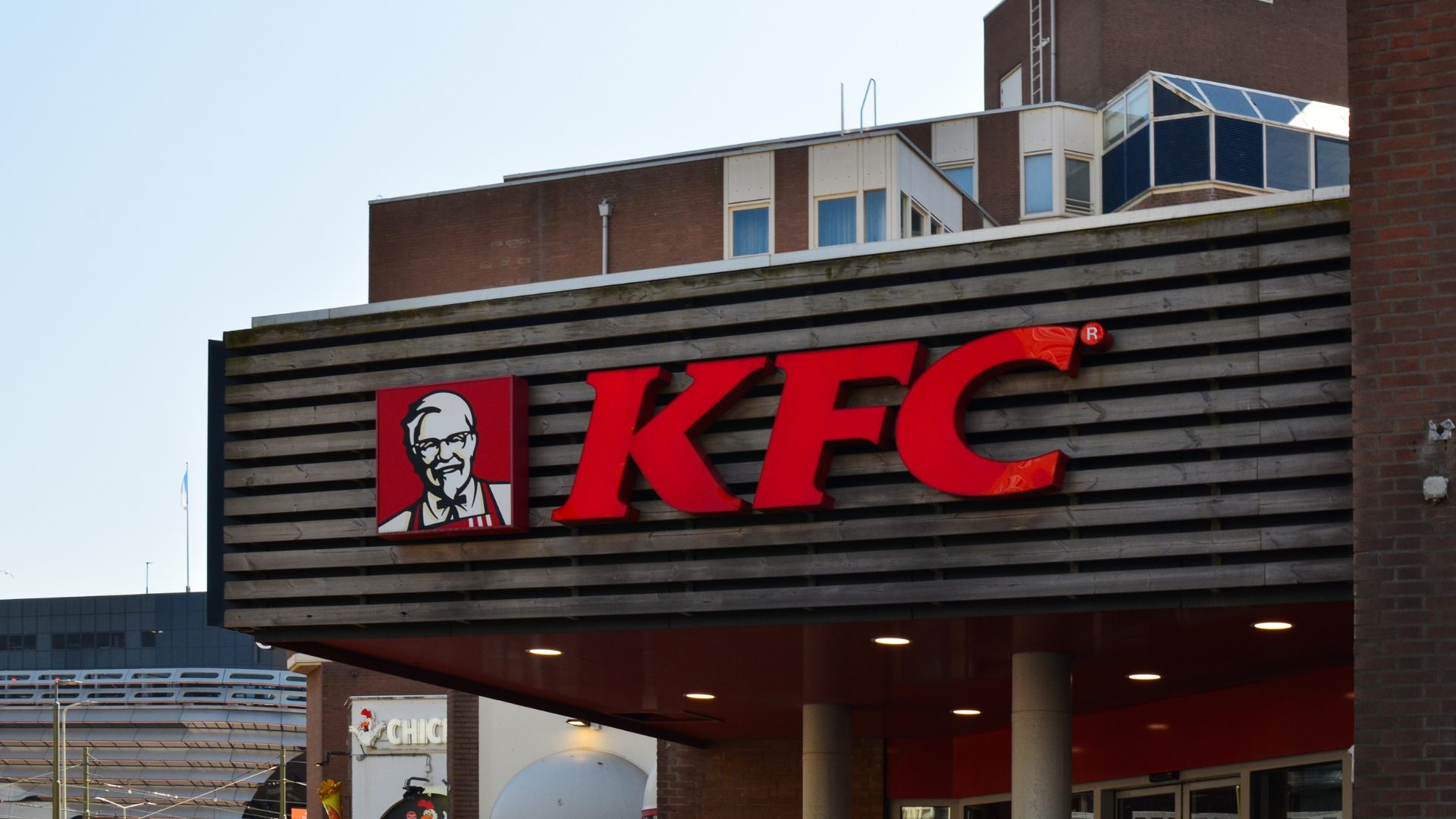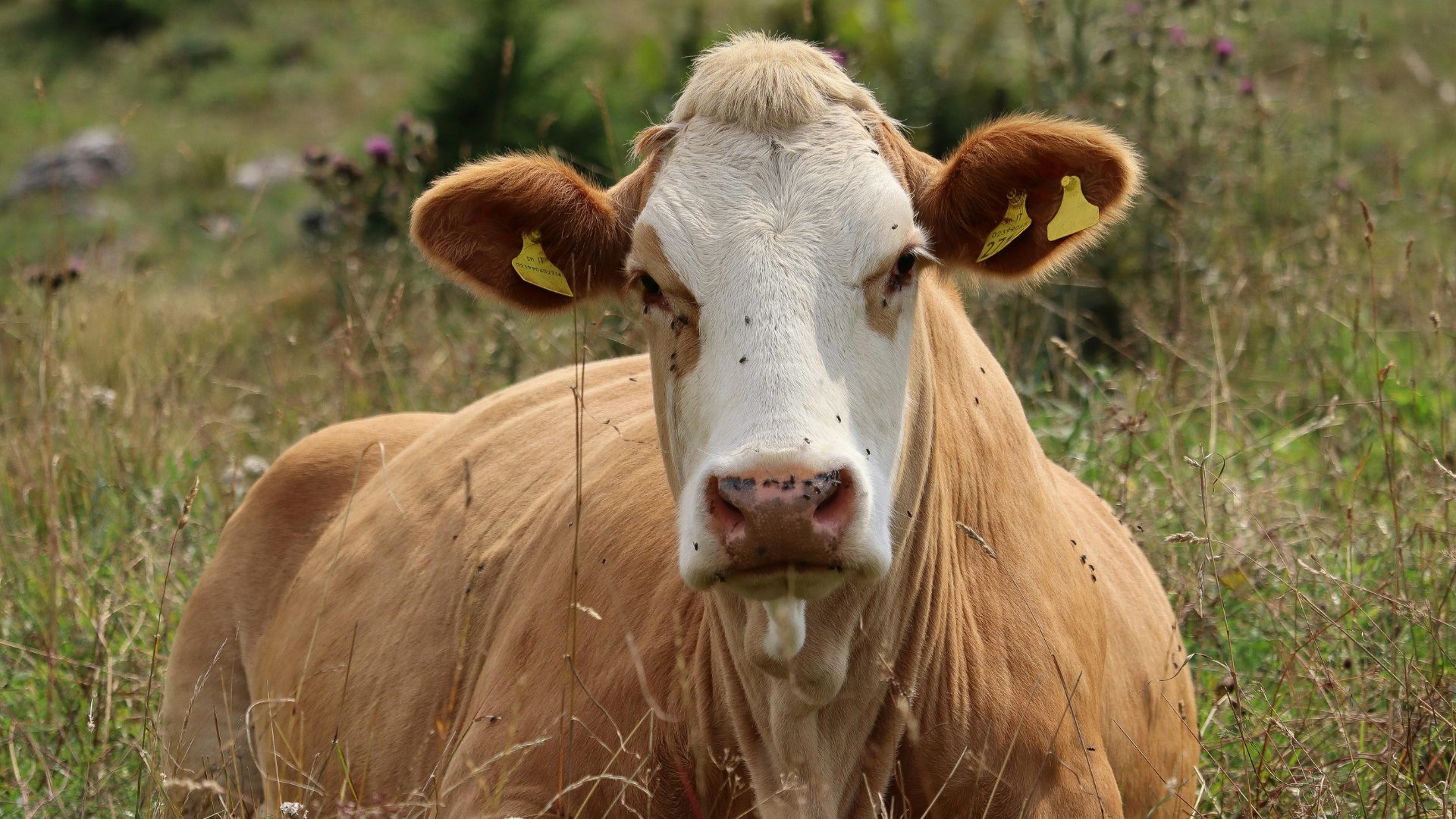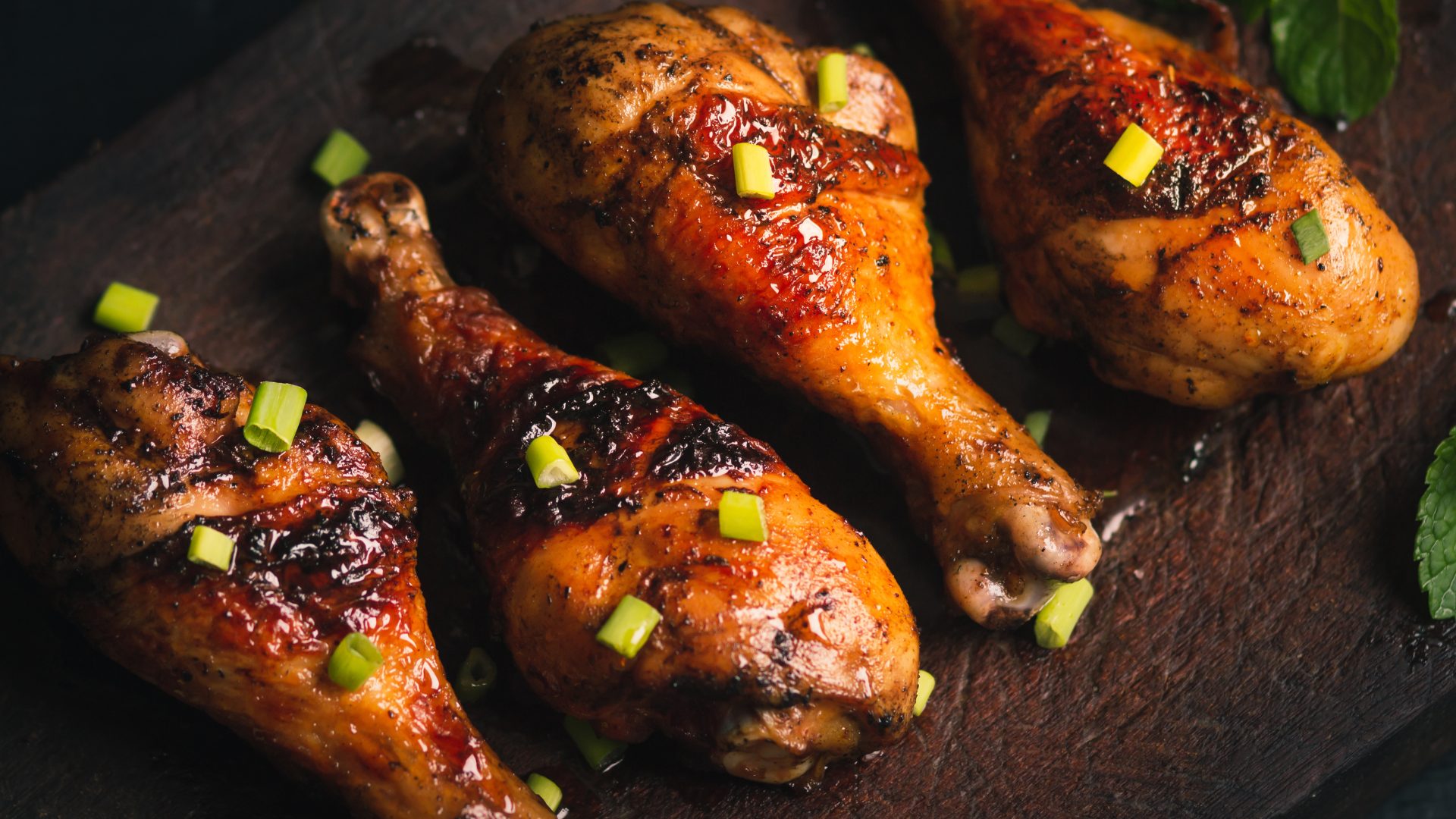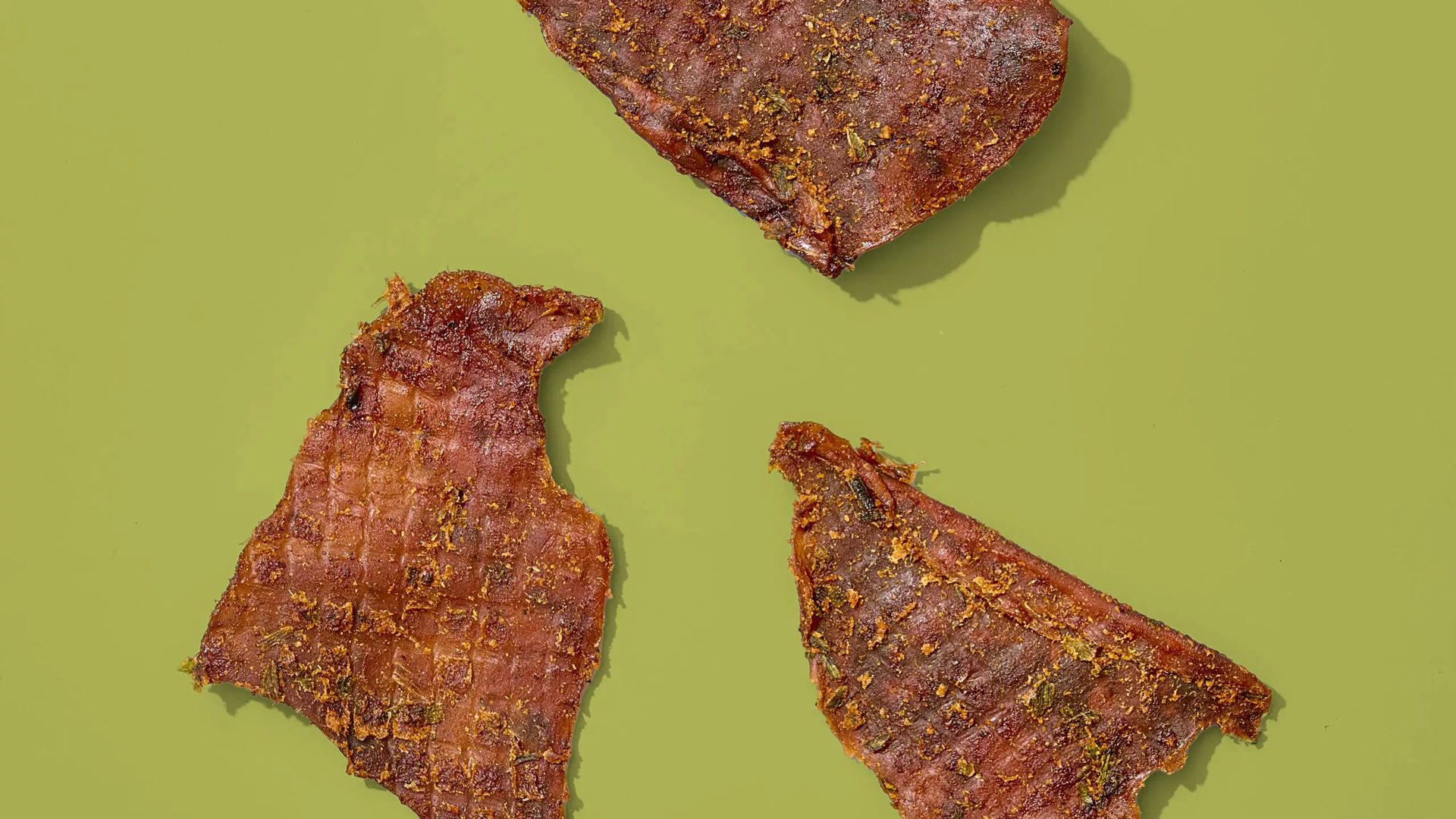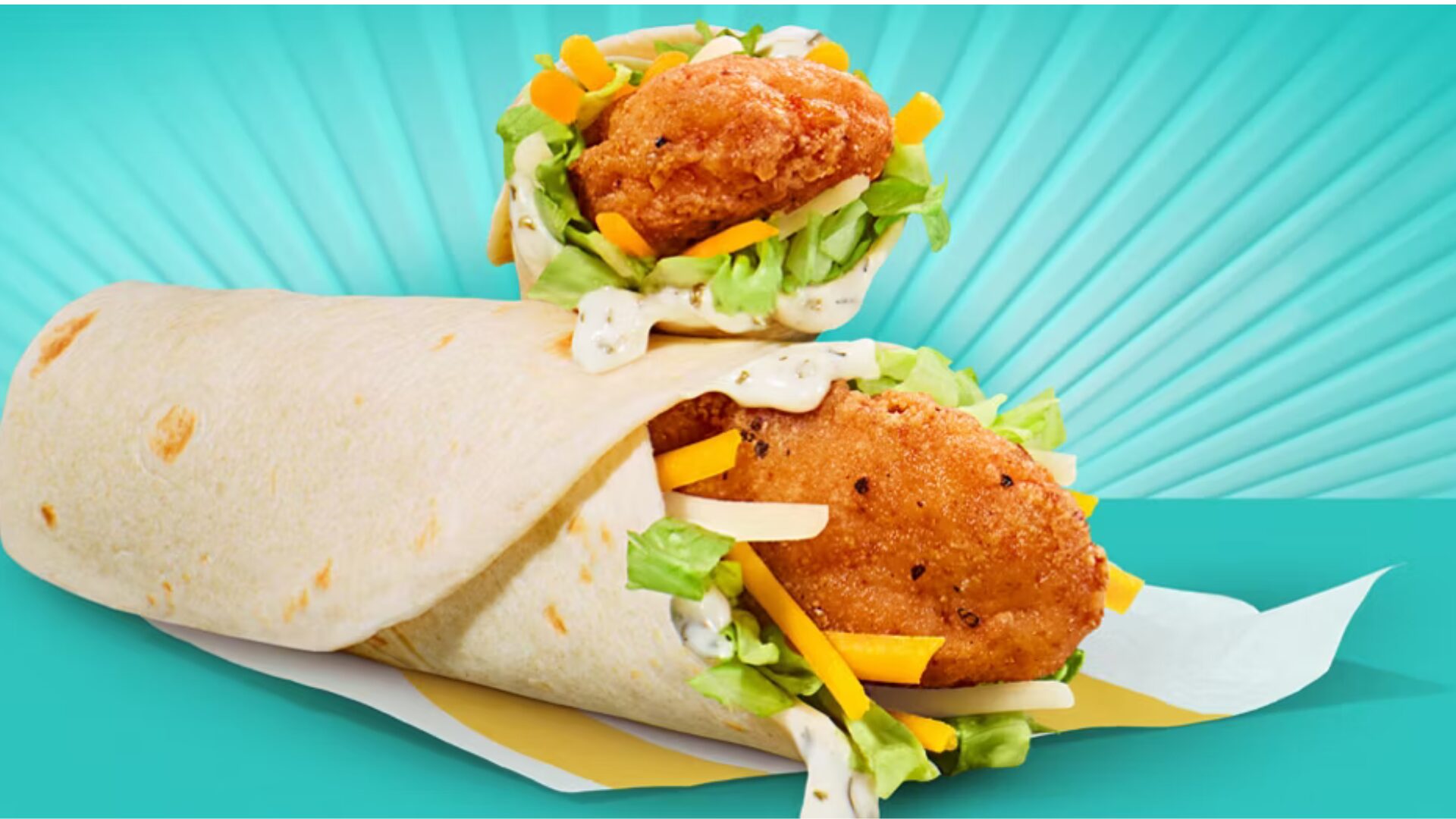The world will soon pay more for meat as food inflation deepens.
Livestock farmers are getting hit with the highest corn and soybean prices in seven years, raising the cost of feeding their herds by 30% or more. To stay profitable, producers – including the biggest U.S. meat producer Tyson Foods Inc. – are increasing prices, reported Bloomberg (Feb. 16)
ISSUES FACED BY SUPPLIERS
Producers across major exporting countries are feeling the effects of higher grain costs. In Brazil, the biggest poultry shipper, the cost of raising chickens jumped 39% last year due to higher feed costs, according to Embrapa, an agricultural research agency. Costs rose again last month by around 6%, Itau BBA said.
For Tyson, higher feed and freight costs will likely impact the company’s fiscal 2021 outlook, reported Food Business News (Feb. 12). Since October, the March futures contracts for corn and soybeans have risen 40% and 34%, respectively and Tyson is projecting refrigerated freight contract rates will be 10% more than 2020.
A SHIFT FROM 2020 PRICES
Since Dec. 1, corn and soybeans futures have risen 28% and 18% respectively. The United Nations’ Food & Agriculture Organization said global meat prices in January climbed the fourth straight month.
This is a notable change from September of last year when rising production and lower demand were pushing meat prices down.
Now, animal disease outbreaks could also push meat prices higher. Parts of Europe and Asia are seeing avian influenza outbreaks, while African swine fever is still spreading in some countries after decimating Chinese herds.


